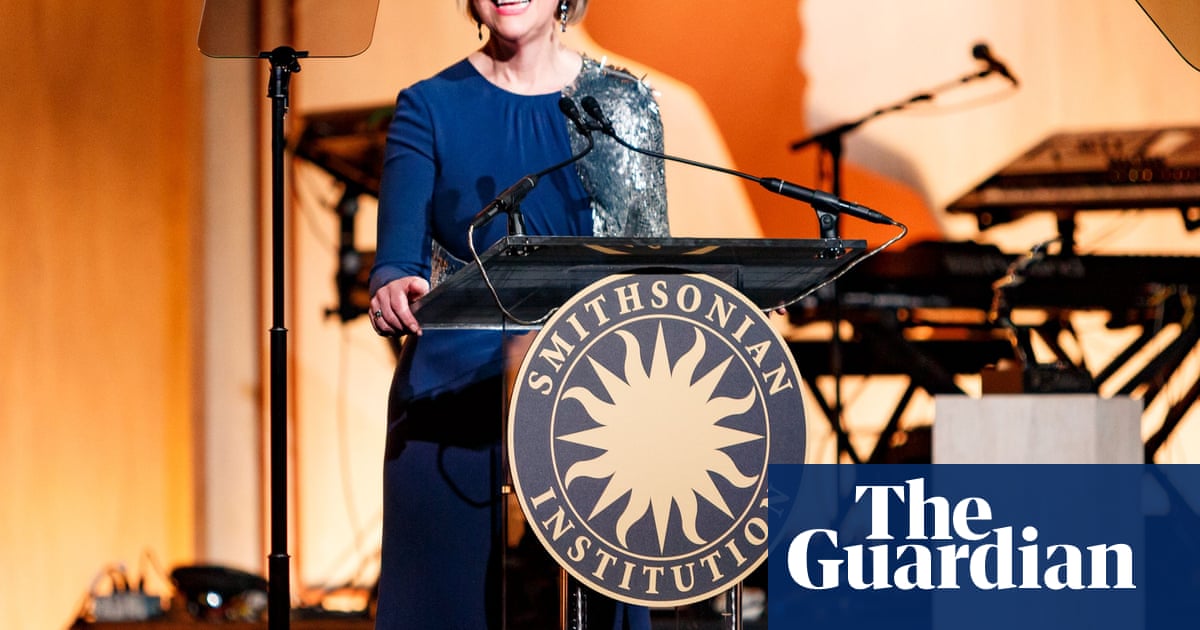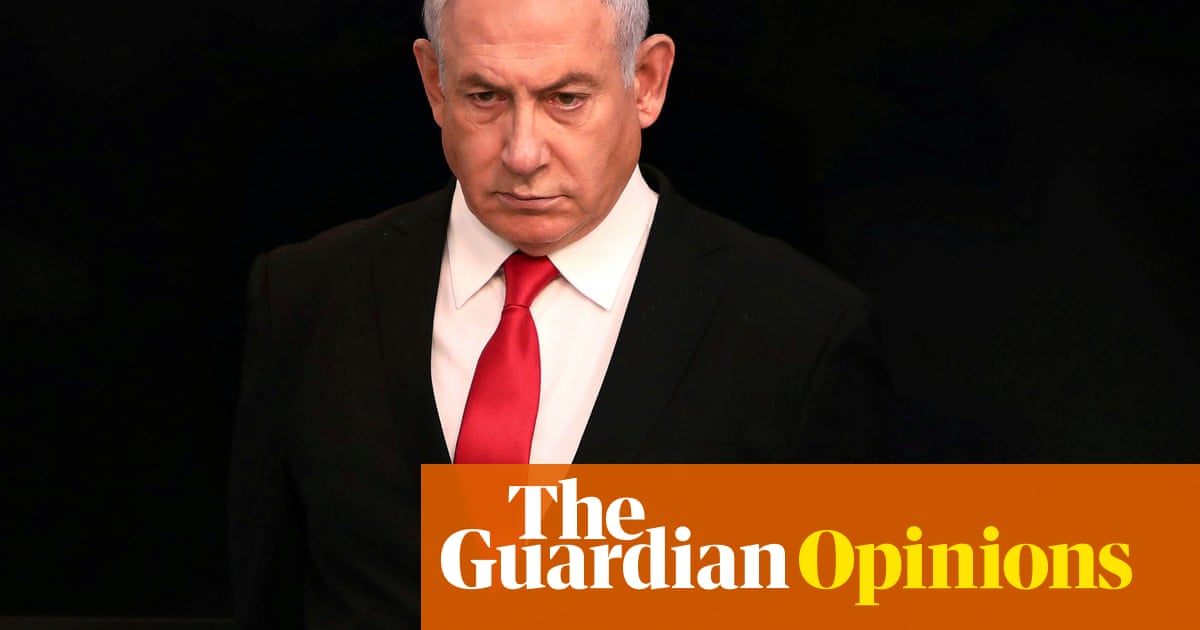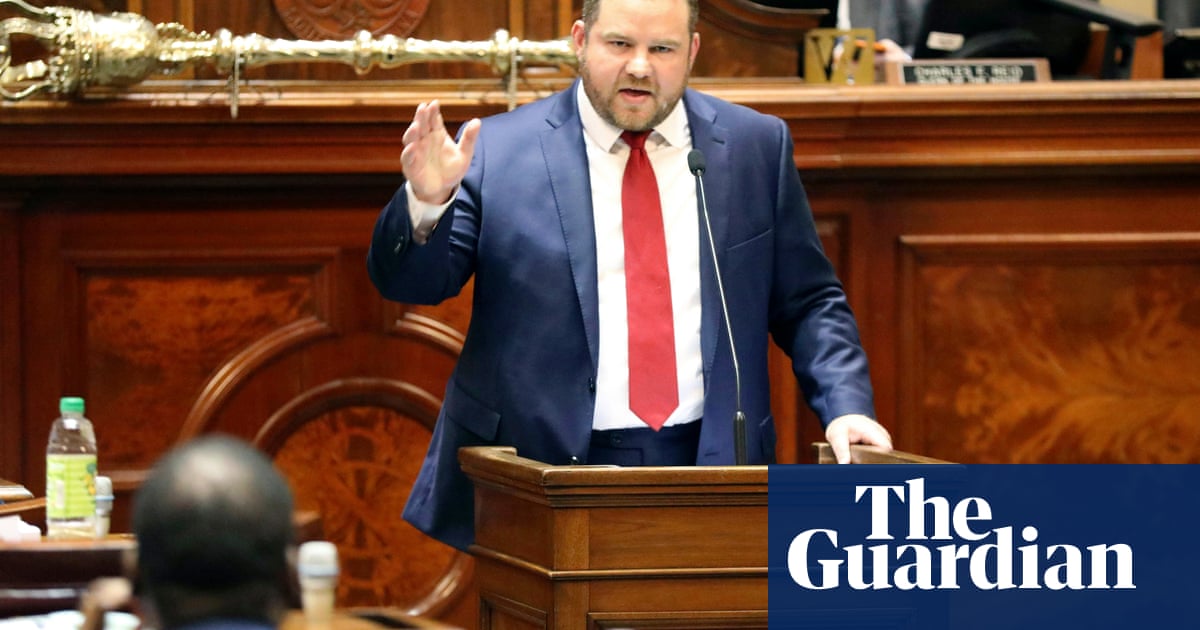The House narrowly voted on Thursday to cut about $9.4bn in spending already approved by Congress as Donald Trump’s administration looks to follow through on work by the so-called “department of government efficiency” when it was overseen by Elon Musk.
The package targets foreign aid programs and the Corporation for Public Broadcasting, which provides money for National Public Radio and the Public Broadcasting Service, as well as thousands of public radio and television stations around the country. The vote was 214-212.
Republicans are characterizing the spending as wasteful and unnecessary, but Democrats say the rescissions are hurting the United States’ standing in the world and will lead to needless deaths.
“Cruelty is the point,” the Democratic leader, Hakeem Jeffries of New York, said of the proposed spending cuts.
The Trump administration is employing a tool rarely used in recent years that allows the president to transmit a request to Congress to cancel previously appropriated funds. That triggers a 45-day clock in which the funds are frozen pending congressional action. If Congress fails to act within that period, then the spending stands.
“This rescissions package sends $9.4bn back to the US Treasury,” said Representative Lisa McClain, House Republican conference chair. “That’s $9.4bn of savings that taxpayers won’t see wasted. It’s their money.”
The benefit for the administration of a formal rescissions request is that passage requires only a simple majority in the 100-member Senate instead of the 60 votes usually required to get spending bills through that chamber. So, if they stay united, Republicans will be able to pass the measure without any Democratic votes.
The Senate majority leader, John Thune, said the Senate would probably not take the bill up until July and after it has dealt with Trump’s big tax and immigration bill. He also said it was possible the Senate could tweak the bill.
The administration is likening the first rescissions package to a test case and says more could be on the way if Congress goes along.
Republicans, sensitive to concerns that Trump’s sweeping tax and immigration bill would increase future federal deficits, are anxious to demonstrate spending discipline, though the cuts in the package amount to just a sliver of the spending approved by Congress each year. They are betting the cuts prove popular with constituents who align with Trump’s “America first” ideology as well as those who view NPR and PBS as having a liberal bias.
In all, the package contains 21 proposed rescissions. Approval would claw back about $900m from $10bn that Congress has approved for global health programs. That includes canceling $500m for activities related to infectious diseases and child and maternal health and another $400m to address the global HIV epidemic.
The Trump administration is also looking to cancel $800m, or a quarter of the amount Congress approved, for a program that provides emergency shelter, water and sanitation, and family reunification for those forced to flee their own country.
About 45% of the savings sought by the White House would come from two programs designed to boost the economies, democratic institutions and civil societies in developing countries.
The Republican president has also asked lawmakers to rescind nearly $1.1bn from the Corporation for Public Broadcasting, which represents the full amount it is slated to receive during the next two budget years. About two-thirds of the money gets distributed to more than 1,500 locally owned public radio and television stations. Nearly half of those stations serve rural areas of the country.
The association representing local public television stations warns that many of them would be forced to close if the Republican measure passes.

 German (DE)
German (DE)  English (US)
English (US)  Spanish (ES)
Spanish (ES)  French (FR)
French (FR)  Hindi (IN)
Hindi (IN)  Italian (IT)
Italian (IT)  Russian (RU)
Russian (RU)  1 day ago
1 day ago
























Comments